
Eating quickly may seem like a time-saver, but it can harm your health. Fast eating increases air intake, leading to gas, bloating, and indigestion. It also prevents proper digestion, can cause overeating, and raises the risk of cardiovascular problems, weight gain, and metabolic syndrome. By taking time to chew and savor your meals, you can avoid these health issues and improve digestion and overall well-being.
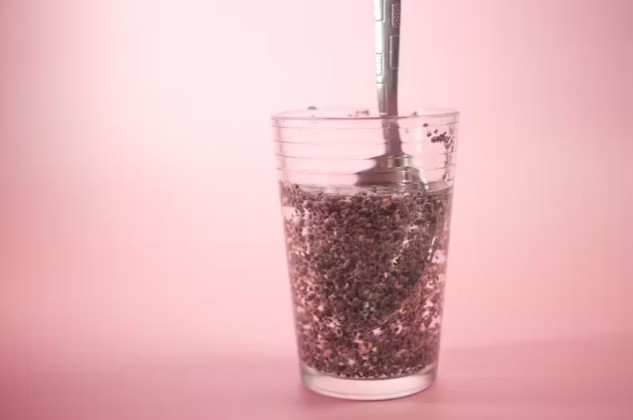
Tadpole water, a mix of chia seeds, lemon juice, and water, has gained attention for its health benefits. Learn how this simple drink may aid weight loss, improve digestion, and support heart health. Discover if this trend is worth adding to your wellness routine.
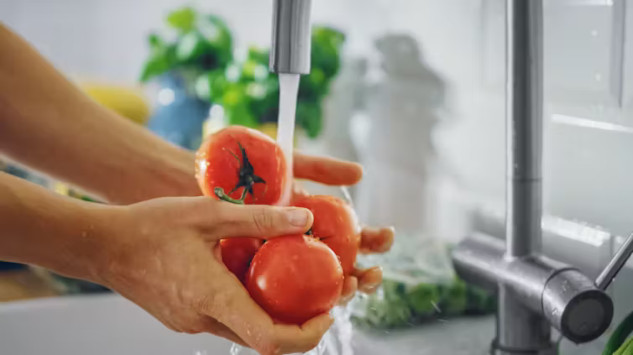
Washing fruits and vegetables properly is essential for food safety. Learn the best techniques to remove dirt, pesticides, and germs using simple methods like water, vinegar, or baking soda.

Recent studies suggest that seaweed, specifically Ecklonia cava, may help prevent Parkinson’s disease. Packed with antioxidants, this seaweed could protect neurons from damage and reduce Parkinson’s symptoms. Could it become a future prevention method?
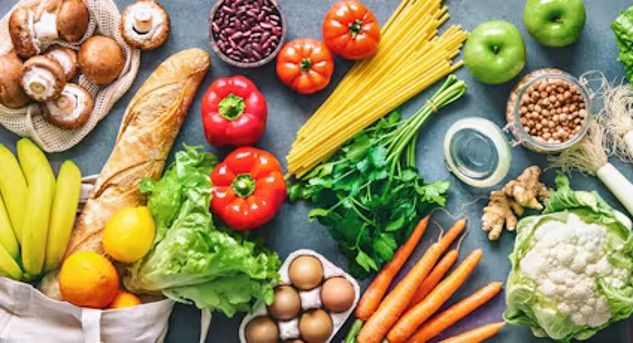
Food and exercise can treat depression just as effectively as therapy, making lifestyle changes a cost-effective alternative to traditional psychological treatments.

4 practical tips for eating sustainably and making better food choices. These steps can help reduce waste and improve your health while benefiting the planet.
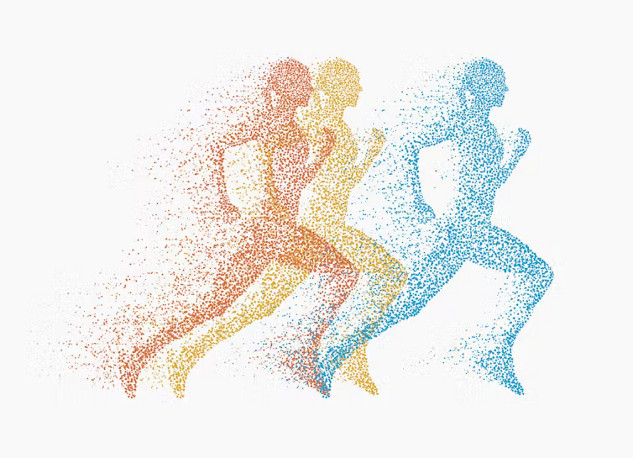
Discover how optimizing your gut microbiome and mitochondrial health can enhance athletic performance. Learn innovative nutritional strategies to gain a competitive edge in endurance sports.

A fixation on ‘clean eating’ can be harmful – and perfectionists may be at greater risk of taking it too far.
- By Clive Witham

How you eat has a great impact on health. Our eating habits directly affect the digestion process and the ability of the body to extract the energy it needs from the food.

Not all ultra-processed foods are bad for your health, whatever you might have heard...
- By Lisa Masé
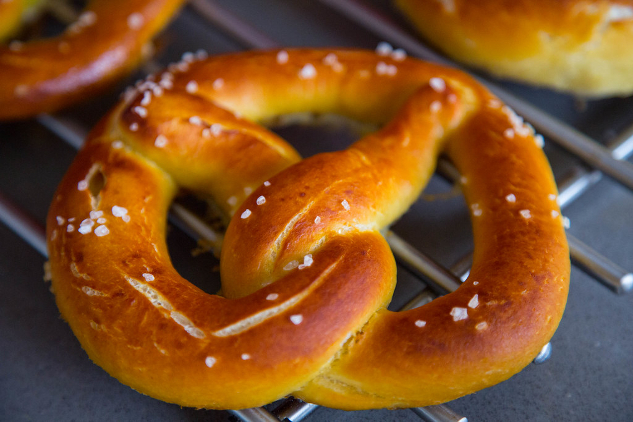
When we reach for a treat or crave a certain food, what do we really need? Try to stop, take a breath, and ask yourself this question before you eat.
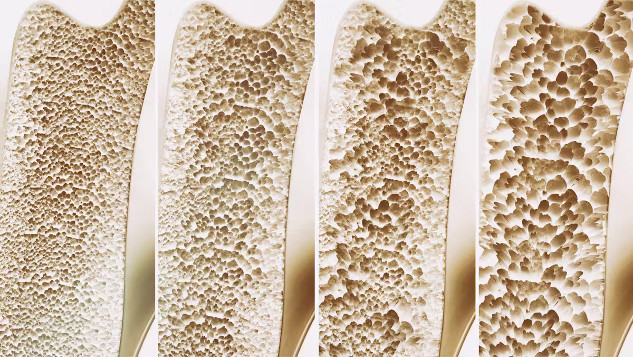
How extreme dieting can affect bone health. In a recent Instagram post, the actor Jameela Jamil revealed she has poor bone density, despite only being in her 30s.
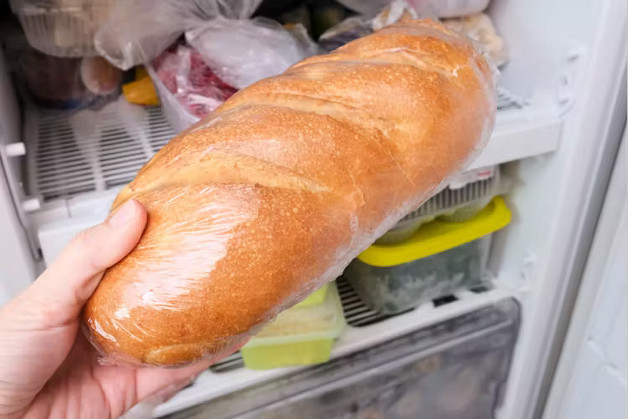
TikTok users claim freezing bread can make it healthier – here’s what the science actually says

An artificial sweetener called neotame can cause significant harm to the gut, my colleagues and I discovered. It does this harm in two ways.
- By Lisa Masé

In 1995, nutrition therapists Elyse Resch and Evelyn Tribole wrote one of the first books on the concept of intuitive eating. That book sparked a worldwide awareness that the mentality of dieting disrupts metabolic health and leads to stress and disordered eating.

What about beetroot’s other apparent health benefits – from reducing your blood pressure to improving your daily workout? Here’s what the science says.

How food preferences are linked to cognition and brain health – and why a balanced diet is superior.

Honey is said to help with hay fever symptoms – here’s what the research says about this claim.
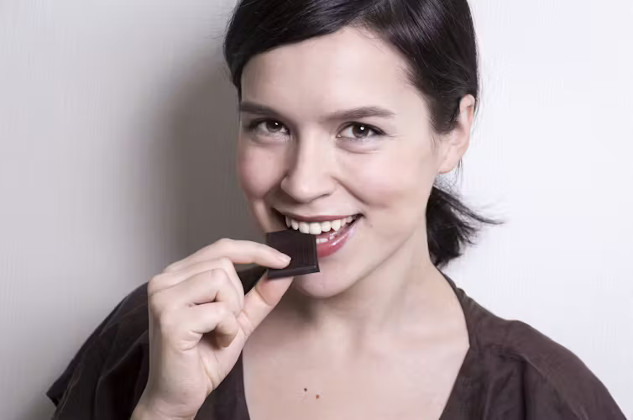
Eating some chocolate really might be good for you – here’s what the research says...
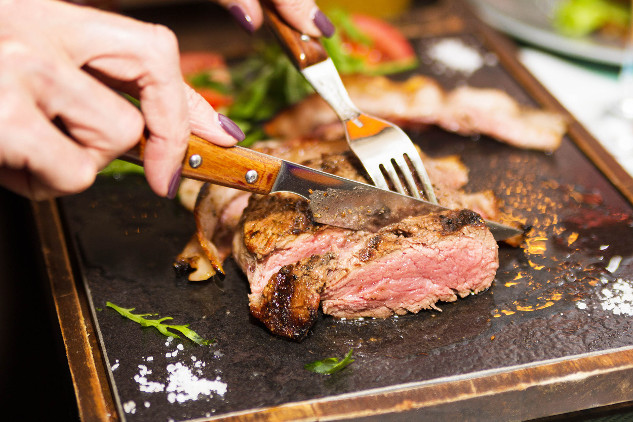
Diet books and fitness circles commonly promote protein as a magic bullet for weight loss, muscle building, and athletic performance. But what are the unintended consequences?
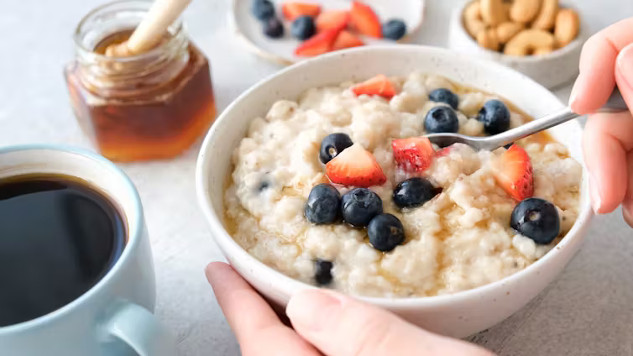
Oats and oatmeal aren’t bad for you, as some claim – in fact, they probably have more health benefits than you realise

The Atlantic diet: how it compares to its Mediterranean counterpart – and what benefits it might have
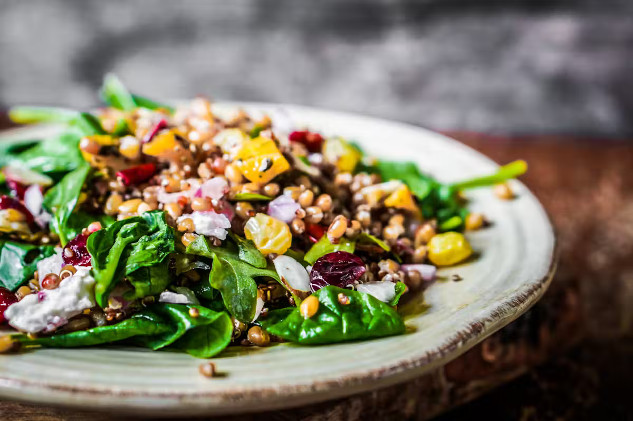
‘Naked carbs’ and ‘net carbs’ – what are they and should you count them?















